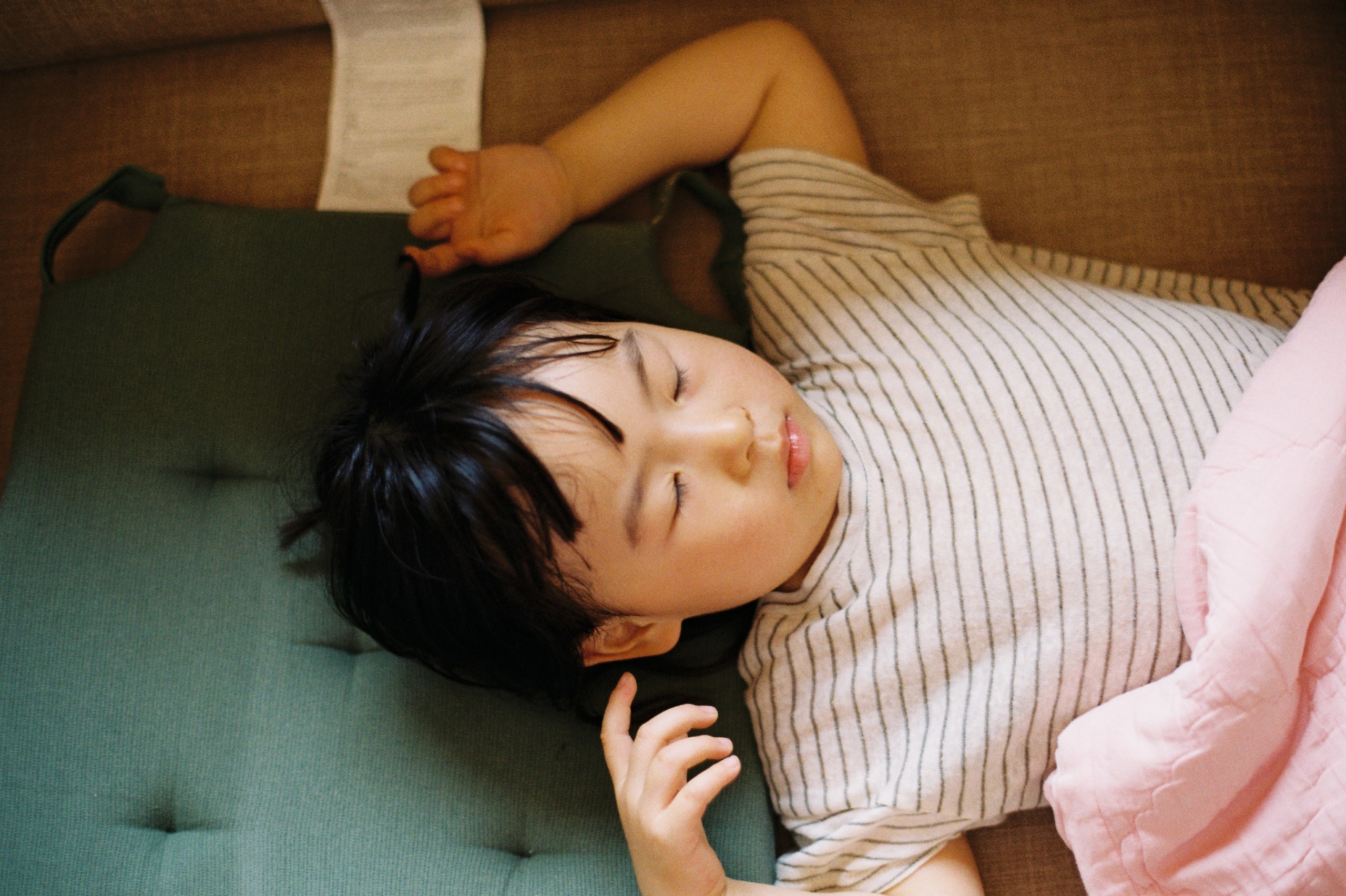Sometimes we forget about how important sleep can be for our health. As adults, we can experience the effects of sleep deprivation first hand, but what about our children? With the busy schedules and increased amount of technology in our daily lives, our children are getting less sleep. In fact, an international study found that 47% of all 9-10 years old are sleep deprived. As a parent it is hard to think that you have to teach your child to do something so natural, sleep, but supporting good sleep hygiene can benefit your children emotionally, developmentally, and physically.
Are your kids getting enough sleep?
According to National Sleep Foundation, this is the amount of hours children should be getting a night:
- Ages 1-3 should receive 12-14 hours
- Ages 3-6 should receive 11-13 hours
- Ages 7-12 should receive 10-11 hours
- Ages 12-18 should receive 8-10 hours
Teenagers are amongst the worst in wanting that ‘late night’ bed time, but one study showed that teenagers who did not get enough sleep had a higher rate of mental health issues.
So how do we get our kids to get better sleep?
- Begin to educate your kids about the benefits of sleep. You can set a bedtime for your teenager but what are the odds of them actually trying to sleep? Educate them about the benefits of getting a good night’s sleep so they understand why they have a bed time, or discuss an appropriate time for bed together.
- Get rid of the sleep ‘aids’. Some kids may learn to sleep with the TV on, or younger kids may rely on mum and dad to rock them to sleep. Any sleep aid can keep your child from learning an important skill, sleep self-regulation. Lights can actually stimulate parts of the brain and hormones that can prevent us from getting a good night’s sleep. Examine your child’s sleep habits and ensure that your child has the best environment for sleep. If they are reliant on this aid for sleep, develop a plan to slowly remove it, so your child has time to adjust.
- Try to stick to the same bedtime and wake up time every day, even on the weekends! This pattern will actually allow your children to sleep better. Staying up late on the weekends can throw off a sleep schedule for several days.
- Make sure they are tired. Exercise has so many benefits, but it can also promote a good night’s sleep. Go for a run at the park or kick a ball around if your child doesn’t already have activity scheduled in their day.
- For little ones, a comforting soft animal or soft blanket can help not only cue to them that it is bed time, but it can provide comfort throughout the night. If your little one does wake up in the night needing you, be sure that your check ins are short and sweet. Avoid turning on lights or anything over stimulating.
- Have a calm and relaxing night time routine. Screen time and caffeine can be stimulating so try to turn off all screens an hour before bedtime and cut the caffeine off in the afternoon. Trying to get your kids to bed can be hard enough so cut out the things that will make it harder.
Rest can prepare children for a more productive day at school and leave them in an overall better mood. Their brains are constantly learning so the need for good sleep is imperative! Teaching your children good sleep hygiene now will not only set them up for success in their daily lives but provide them a great foundation to carry into adulthood.
If you would like more guidance on teaching sleep hygiene, a psychologist can assist. Contact us on (02) 6262 6157 or book an appointment online.
Related reading:
Consistency and Consequences: Parenting Strategies for setting Boundaries
Guidelines for setting effective rules
How to Choose a child Psychologist
